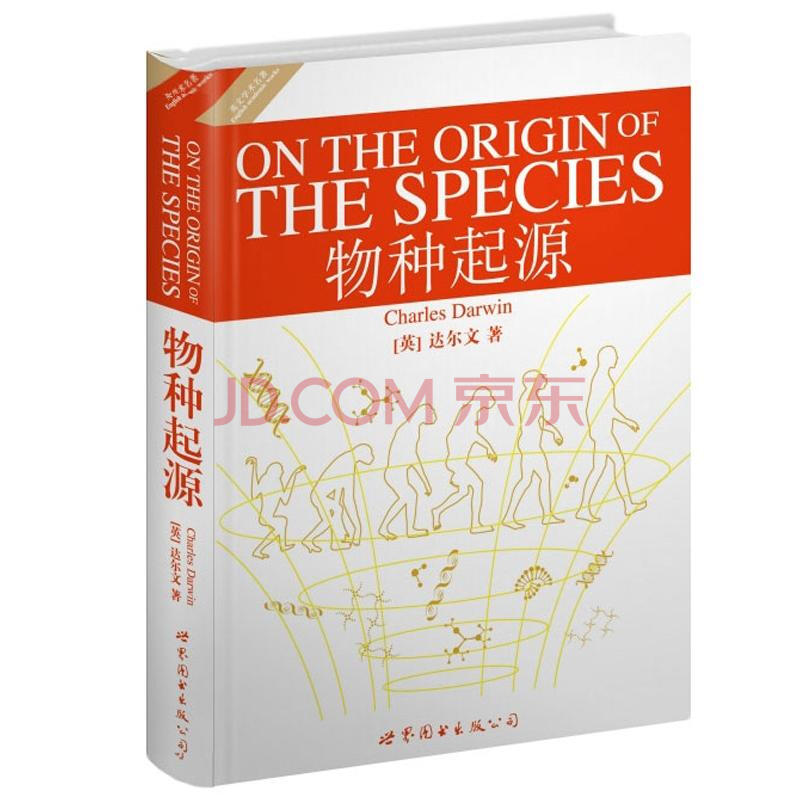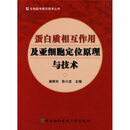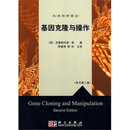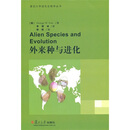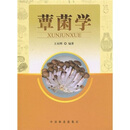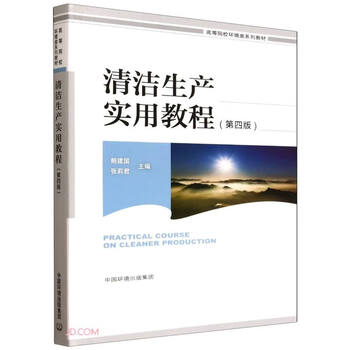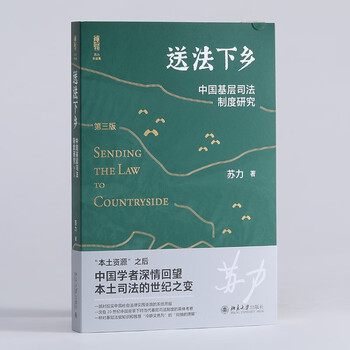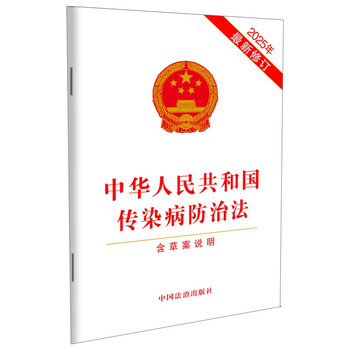内容简介
《世界名著典藏系列:物种起源(英文全本)》是影响人类发展进程的划时代著作,震撼世界的十《世界名著典藏系列:物种起源(英文全本)》之一,《世界名著典藏系列:物种起源(英文全本)》还是影响中国近代社会的经典著作,1985年被美国《生活》杂志评为人类有史以来最佳图书。
精彩书评
★倘若我们的学术界始终主要依靠中译本去了解和研究西学,我们的西学水平就永远不能摆脱可怜的境况。本书从选择西方哲学、人文学科、社会学科领域的最基本的英文经典原著,分批陆续出版,我赞赏这样的善举,并且相信,这也是为学术做的一件益事。
——周国平
精彩书摘
That climate acts in main part indirectly by favouring other species, we may clearly see in the prodigious number of plants in our gardens which can perfectly well endure our climate, but which never become naturalised, for they cannot compete with our native plants, nor resist destruction by our native animals.
When a species, owing to highly favourable circumstances, increases inordinately in numbers in a small tract, epidemics-at least, this seems generally to occur with our game animals-often ensue: and here we have a limiting check independent of the struggle for life. But even some of these so-called epidemics appear to be due to parasitic worms, which have from some cause, possibly in
part through facility of diffusion amongst the crowded animals, been disproportionably favoured: and here comes in a sort of struggle between the parasite and its prey.
On the other hand, in many cases, a large stock of individuals of the same species, relatively to the numbers of its enemies, is absolutely necessary for its preservation. Thus we can easily raise plenty of corn and rape-seed, etc., in our fields, because the seeds are in great excess compared with the number of birds which feed on them; nor can the birds, though having a superabundance of food at this one season, increase in number proportionally to the supply of seed, as their numbers are checked during winter: but any one who has tried, knows how troublesome it is to get seed from a few wheat or other such plants in a garden; I have in this case lost every single seed. This view of the
necessity of a large stock of the same species for its preservation, explains, I believe, some singular facts in nature, such as that of very rare plants being sometimes extremely abundant in the few spots where they do occur; and that of some social plants being social, that is, abounding in individuals, even on the extreme confines of their range. For in such cases, we may believe, that a plant could exist only where the conditions of its life were so favourable that many could exist together, and thus save each other from utter destruction. I should add
目录
1 INTRODUCTION
2 VARIATION UNDER DOMOESTICATION
3 VARIATION UNDER NATURE
4 STRUGGLE FOR EXISTENCE
5 NATURAL SELECTION
6 LAWS OF VARIATION
7 DIFFICULTIES ON THEORY
8 INSTNCT
9 HYBRIDISM
10 ON THE IMPERFECTIN OF THE GEOLOGICAL
11 ON THE GEOOGICAL SUCCESSION OF ORGANIC
12 GEOGRAPHICAL DISTRIBUTION
13 GEOGRAPHICAL DISTRIBUTION-CONTINUED
14 MUTUAL AFFINITIES OF ORGANIC BEINGS
15 RECAPITULATION AND CONCUSION
试读
That climate acts in main part indirectly by favouring other species, we may clearly see in the prodigious number of plants in our gardens which can perfectly well endure our climate, but which never become naturalised, for they cannot compete with our native plants, nor resist destruction by our native animals.
When a species, owing to highly favourable circumstances, increases inordinately in numbers in a small tract, epidemics-at least, this seems generally to occur with our game animals-often ensue: and here we have a limiting check independent of the struggle for life. But even some of these so-called epidemics appear to be due to parasitic worms, which have from some cause, possibly in
part through facility of diffusion amongst the crowded animals, been disproportionably favoured: and here comes in a sort of struggle between the parasite and its prey.
On the other hand, in many cases, a large stock of individuals of the same species, relatively to the numbers of its enemies, is absolutely necessary for its preservation. Thus we can easily raise plenty of corn and rape-seed, etc., in our fields, because the seeds are in great excess compared with the number of birds which feed on them; nor can the birds, though having a superabundance of food at this one season, increase in number proportionally to the supply of seed, as their numbers are checked during winter: but any one who has tried, knows how troublesome it is to get seed from a few wheat or other such plants in a garden; I have in this case lost every single seed. This view of the
necessity of a large stock of the same species for its preservation, explains, I believe, some singular facts in nature, such as that of very rare plants being sometimes extremely abundant in the few spots where they do occur; and that of some social plants being social, that is, abounding in individuals, even on the extreme confines of their range. For in such cases, we may believe, that a plant could exist only where the conditions of its life were so favourable that many could exist together, and thus save each other from utter destruction. I should add

